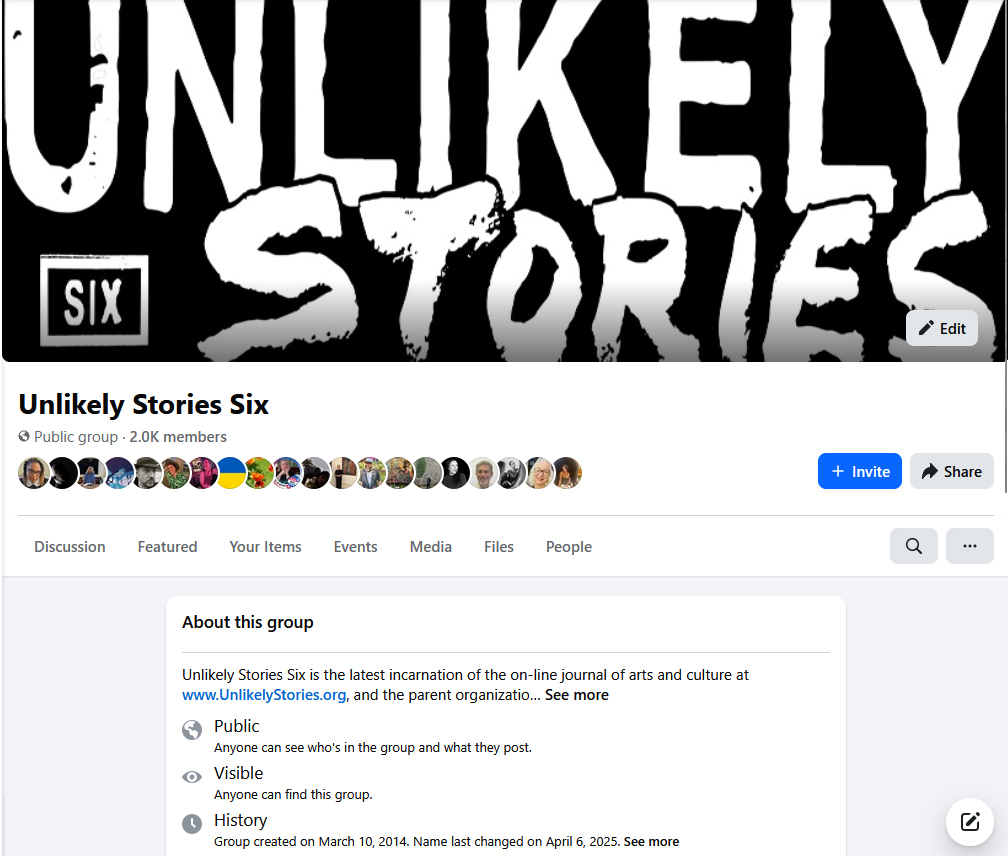by JB Malory
I told Marianne again and again, I couldn’t see the point of staying in the city if the place was killing me, but she wouldn’t hear it.
I cried myself to sleep to show her I was serious, but it’s not easy to cry like that. In the end, I just slept a lot. What did Sartre say? When this man is lonely, he sleeps.
There was a time in my life when I read incessantly. Now I watched movies in the living room until late in the night searching for signs of life. When I woke in the mornings, Marianne was gone, her empty coffee mug still warm to the touch.
That summer, the city was resurfacing the roads. The overheated machines grated outside, the stench of tar billowed through the apartment windows like a chemical explosion. At night, the walls shook with music from passing cars and arguing voices shouted until dawn. In front of the subway exits, coins of blackened chewing gum prevented me from getting momentum: I was trapped.
Everyday, I fantasized about getting away to the countryside, to the quiet of forests and the coolness of mountain air.
On the brink of catastrophe, on a furnace of an evening in late July, I confronted Marianne as she walked in the door.
“I need to get out of this hell. I can’t take it anymore.”
Her blouse clung to her sweating skin as she unslung her briefcase. I could see she was exhausted.
I transformed into a coward with the flip of a switch.
“Please, please. Don’t make me go on like this. I’m running out of time,” I begged. For effect, I added: “We’re running out of time.”
Recently, I had begun to suspect that reality was neither the truth nor a lie, and that I was caught between the two. My suspicions had enabled me to keep my last job for nearly ten years, until four months ago, when, without consulting Marianne, I quit with savings to live off of while I pursued my scheme of being a screenwriter. At least that is what I told her.
I had been obsessed by movies since I was a boy, and recently I found myself returning to those fabricated worlds to walk amongst the false people there, not saying a word, just drifting in and out of stories that could never harm me. In movies, characters are tortured, not the audience; when a film ends, the characters cease to exist, and I am free.
I had explained all this to Marianne many times. She told me I was smart, talented, that if anyone could write a screenplay, it would be me.
Since then I had barely written a coherent thought, though I put on a brave face whenever Marianne asked how things were going. All I had for my screenplay was the setting: a disused bomb shelter in an anonymous suburban cul-de-sac buried in the backyard of an abandoned housing development. Inside the shelter, a subterranean man lived out his final days with only his memories and a single candle. I stared at the empty page for hours on end, afraid to type a word, and waited for my character’s mysteries to resolve, but he was not forthcoming.
I knew Marianne liked seeing me at my desk, unaware as she was of my lack of productivity. In truth, I spent most of my time in a cold sweat, praying that my progress would not be audited. I watched my bank account shrink dollar by dollar, and though Marianne made more than enough money at a downtown law firm to support us both, I couldn’t move past the feeling that I was insolvent.
“We’ll move then. I’ll figure out a way to commute into the city,” she said as she set down her briefcase and kicked off her shoes. “I’d love a house with a yard and plenty of trees around. We can get chickens, I always wanted chickens.”
But what was this? It was as if she were hearing my pleas for the first time, as if I hadn’t been begging her to take me away from this place for years. Something had changed.
“If only it were that easy,” I sputtered. Perhaps if she understood the difficulties involved, it would jar the truth from her. “It takes enormous work to find the right house. I don’t know if we’re up to it.”
Marianne was watching me closely.
“We’ll start looking right now,” she said. Her voice was strange. Had her lips moved at all?
Apparently, she believed she was calling my bluff, it was the only logical explanation. Instead of saying more, I withdrew to the living room and closed my eyes as if I were too exhausted to go on with the conversation. After a minute, I heard her sigh and walk down the hall.
The shower started running, the curtain scraped closed. I crept over to my desk and typed a few pitiful sentences, then quickly deleted them.
It was hopeless, I was no writer.





Add comment